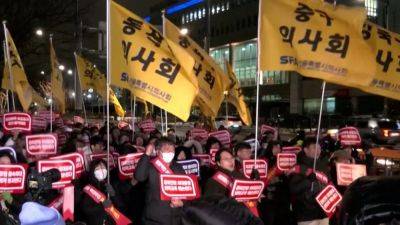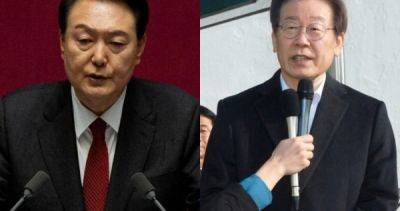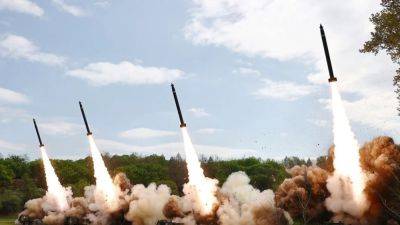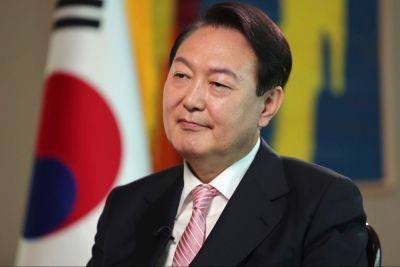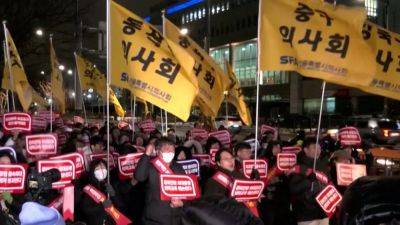South Korea’s Yoon to face major hurdles in expanding agenda within emerging US-led blocs after election defeat
Yoon’s ruling People Power Party garnered 109 seats, trailing far behind the liberal Democratic Party of Korea which secured a comfortable majority with 175 seats in the 300-strong parliament. Voter turnout was 67 percent, the highest in 32 years.
The splinter liberal Rebuild Korea Party bagged 12 seats, emerging as the third-largest entity in the National Assembly since its creation last month with a call for swift corruption and power abuse probes into the Yoon administration.
With a hostile parliament now armed with a new mandate, analysts expect formidable hurdles for Yoon in implementing his presumed pro-market reforms in labour, national pension fund and education.
While Yoon retains presidential executive orders and veto powers to navigate an opposition-controlled parliament, his electoral defeat undermines his authority within the administration and diminishes his influence over lawmakers from his party, according to observers.
Despite these challenges, Yoon was likely to persist with his diplomatic approach, aligning Seoul closer to the US and Japan amid the North’s nuclear posturing and China’s growing influence while the war continued in Ukraine, they said.
Critics have argued for a more balanced approach between the South’s traditional allies and China, accusing Yoon of unnecessarily antagonising the country’s largest trade partner and inadvertently pushing Pyongyang deeper into Beijing’s sphere of influence.
South Korea’s constitution grants exclusive authority to the president in foreign affairs, limiting the National Assembly’s influence in this realm.
01:51
South Korea bans protest onions at polling stations ahead of parliamentary elections
Some critics said Yoon’s leadership style, shaped by his background as a


